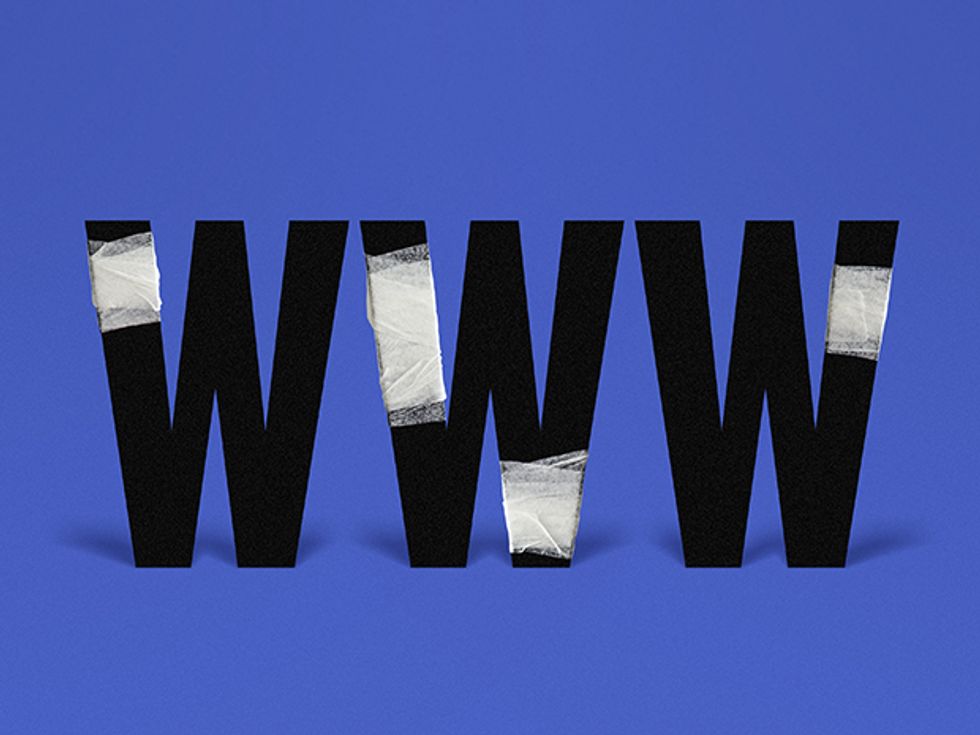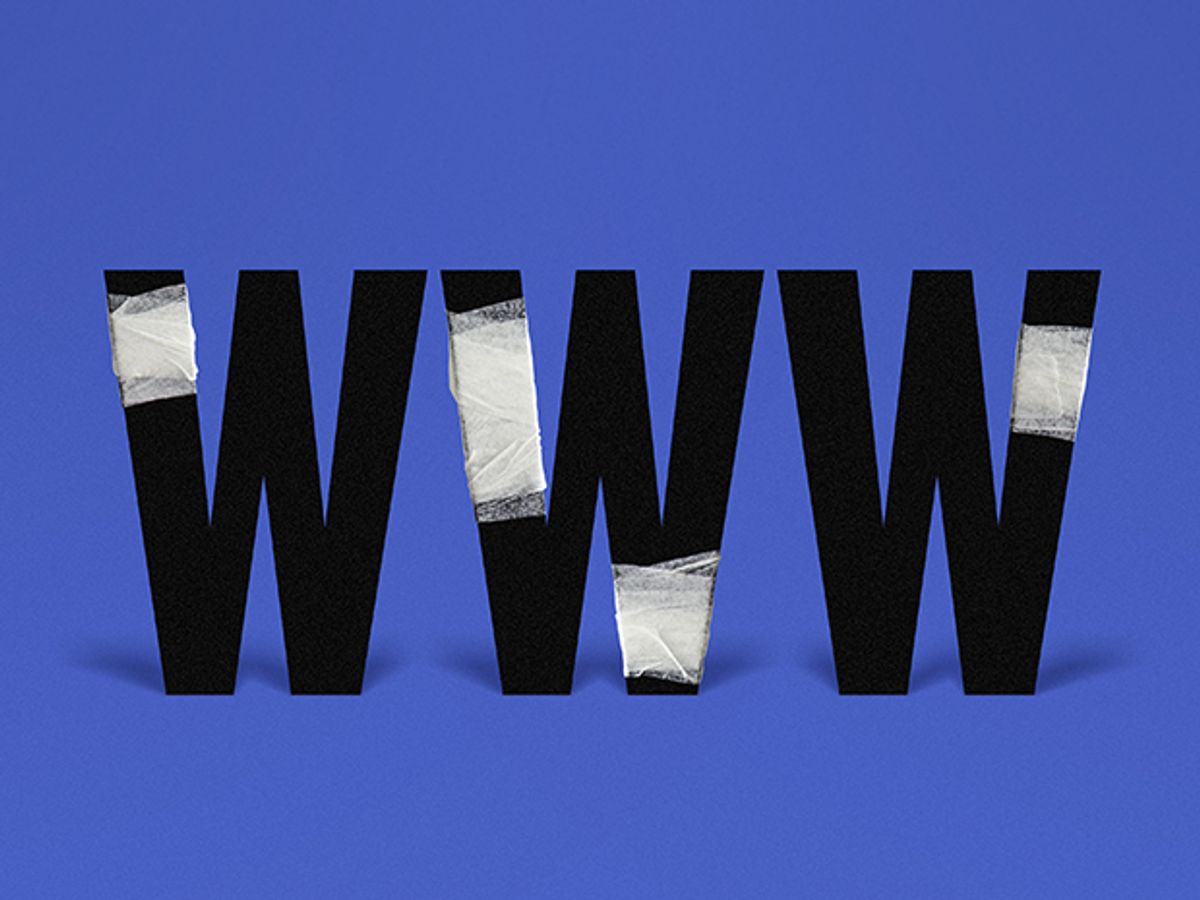
The Web has serious problems: peddler of unreliable information, haven for criminals, spawning ground for irrational conspiracy fears, and tool for destructive people to broadcast their violence in real time and with posted recordings.
No doubt your list of Web pathologies is different from mine. But surely you agree that the Web disappoints as much as it delights.
Now the hard part—what to do about it?
Starting over is impossible. The Web is the ground of our global civilization, a pillar of contemporary existence. Even as we complain about the excesses and shortcomings of the Web, we can’t survive without it.
For engineers and technovisionaries, the solution flows from an admirable U.S. tradition: building a better mousetrap.
For redesigners of the broken Web, the popular impulse is to expand digital freedom by creating a Web so decentralized that governments can’t censor it and big corporations can’t dominate.
However noble, the freedom advocates fail to account for a major class of vexations arising from anonymity, which allows, say, Russian hackers to pose as legitimate tweeters and terrorist groups to recruit through Facebook pages.
To be sure, escape from government surveillance through digital masks has benefits, yet the path to improved governance across the world doesn’t chiefly lie with finding more clever ways to hide from official oppression. More freedom, ultimately, will only spawn more irresponsible, harmful behavior.
If more freedom and greater privacy won’t cure what ails the Web, might we consider older forms of control and the cooperation of essential public services?
In the 19th century, railroads gained such power over the lives of cities and towns across the United States that norms, rules, and laws emerged to impose a modicum of fairness on routes, fares, and services. Similarly, in the 20th century, the Bell telephone network, having gained a “natural” monopoly, came under the supervision of the U.S. government. So did the country’s leading computer company, IBM.
Because of government limits, Bell stayed out of the computer business—and licensed its revolutionary transistor to others. IBM’s management, meanwhile, felt pressured by the government to “unbundle” software that came free with its computers, which in one swoop created a nascent software industry that a half century later is the envy of the world.
Since governments can help make innovations fairer, what kind of interventions might the U.S. government make to reform the Web? First, it can support net neutrality. The policy helps sustain wider support for asking Amazon, Facebook, and Google to behave as “common carriers,” which must treat their vendors evenhandedly but also police their behavior, disallowing Web fraud in all forms.
New obligations on the digital oligarchy are based on the reality that a few companies earn huge profits from the Web; the costs of supervising the Web more closely, and rooting out unhealthy practices, should be viewed as a necessary cost of doing business for these big winners.
Facebook and Google are already trying to combat the impression—and the reality—that their services are too easily harnessed by the malevolent. By using novel automated techniques combined with brute-force methods—human review of such inherently unstable services as live streams—Facebook and Google should be able to dramatically reduce abuses over time.
Social engineering is also needed. If you grew up in the United States in the 1960s, you well remember the national campaign against littering. At that time, Americans routinely tossed trash out of their car windows. Within a decade, antilittering campaigns made most Americans ashamed to do so.
I’m ashamed at how some people abuse the Web, which has many virtues worth preserving. I’m certain that, working with the corporations that profit greatly from the Web—and with national governments, which have the power to reduce abuses while still protecting privacy and freedom of expression—we can get closer to the Web experience we all want.
About the Author
G. Pascal Zachary is a professor of practice at Arizona State University’s School for the Future of Innovation in Society. The views expressed here are the author’s own and do not represent positions of IEEE Spectrum or IEEE.
